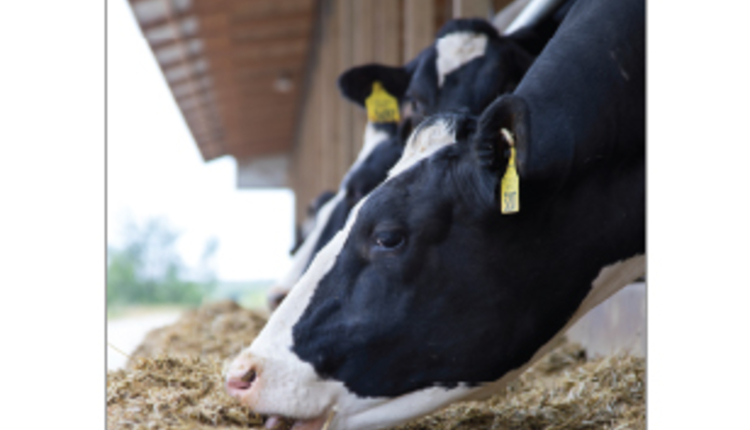Cooperative Network was pleased to see the many advocates who came out to testify on behalf of AB 353 at the Wisconsin Assembly Financial Institutions Committee Hearing this week.
“It was wonderful to see the many supporters of the bill coming together to have an open, honest discussion about this piece of legislation that will benefit cooperatives across the state,” says John Manske, Cooperative Network’s Senior Government Affairs Director.
The provisions included in AB 353 and its companion SB 281 are the first significant proposed changes to Chapter 185 in over 30 years. If passed, the proposed revisions would allow cooperatives to have increased flexibility in how their cooperative operates, thereby providing them with the tools needed to compete in their respective industries.
Highlights of AB 353 include (but are not limited to):
- The option to include appointed directors to the cooperative’s board. No more than twenty percent of the total board seats or two individuals – whichever is less – could be selected by the elected board members. Having this option allows boards to gain valuable outside perspectives and expertise while simultaneously holding those appointed directors to the same standards and expectations of member-owner directors, including fiduciary responsibility and loyalty to the organization and its values.
- Giving cooperative holding companies the ability of approving voting based on patronage. This is not a new concept as a number of other states have followed this model for decades. This update only applies to cooperative holding companies, of which there is only one in Wisconsin: Cooperative Resources International. The holding company would have to receive approval from their member delegates in order to implement this change. This provision will have no impact on traditional, one member, one vote cooperatives.
- An 8 percent cap on dividends. In today’s low interest rate environment, it is hard to imagine a time when any business would have to pay over 8 percent on borrowed capital. This forward-looking change would allow co-ops to pay a competitive rate on dividends in a different interest rate environment. Removing the cap on dividends applies to all membership capital, thus allowing co-ops to give higher profits back to the member-owners they serve in good years, rather than being forced to keep earnings.
“Cooperative Network is proud of the work we do on behalf of our members,” Manske says. “It is our goal for these updates to give them the modernization necessary to thrive. We value our relationship with these organizations and trust their member-owners to make the decisions that will best serve their cooperative while maintaining the integrity of the seven cooperative principles. We applaud the bipartisan support we have received thus far and look forward to continued discussions about ways to promote the cooperative way.”
To learn more about AB 353 and SB 281 visit www.cooperativenetwork.coop.
Cooperative Network serves approximately 400 Wisconsin and Minnesota member-cooperatives by providing advocacy, education, public awareness, and development services to a wide variety of cooperatives including agricultural marketing and processing, credit unions, dairy, electric, Farm Credit, farm supply, health care, mutual insurance, housing, service, telecommunications, worker-owned cooperatives, and more. For more information about Cooperative Network, visit www.cooperativenetwork.coop.





